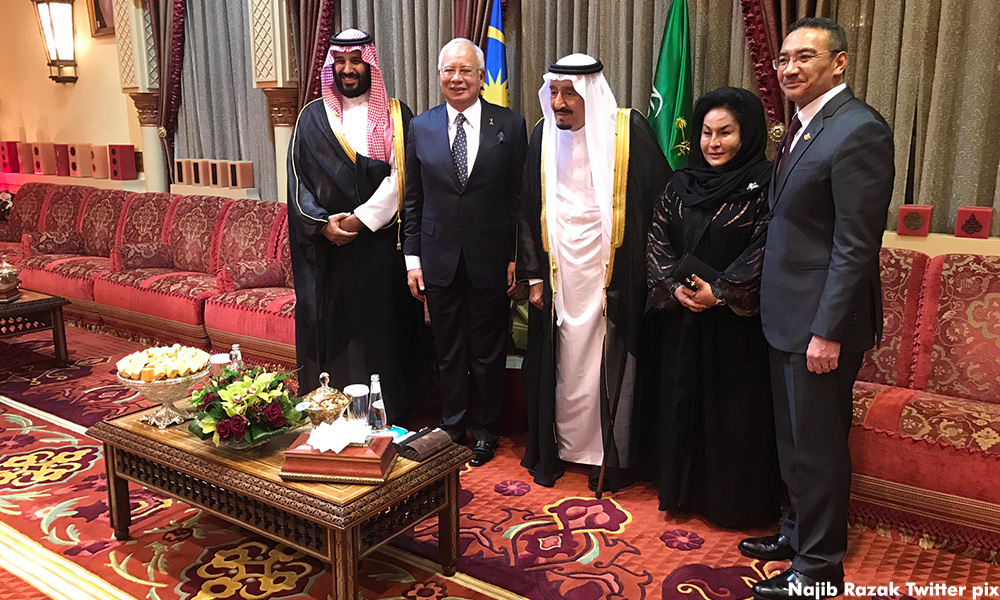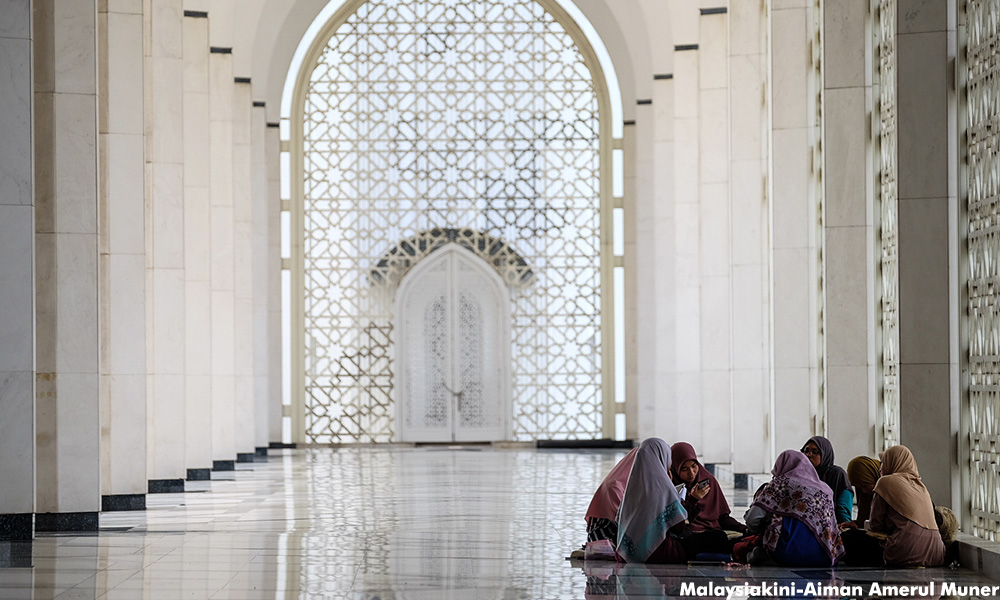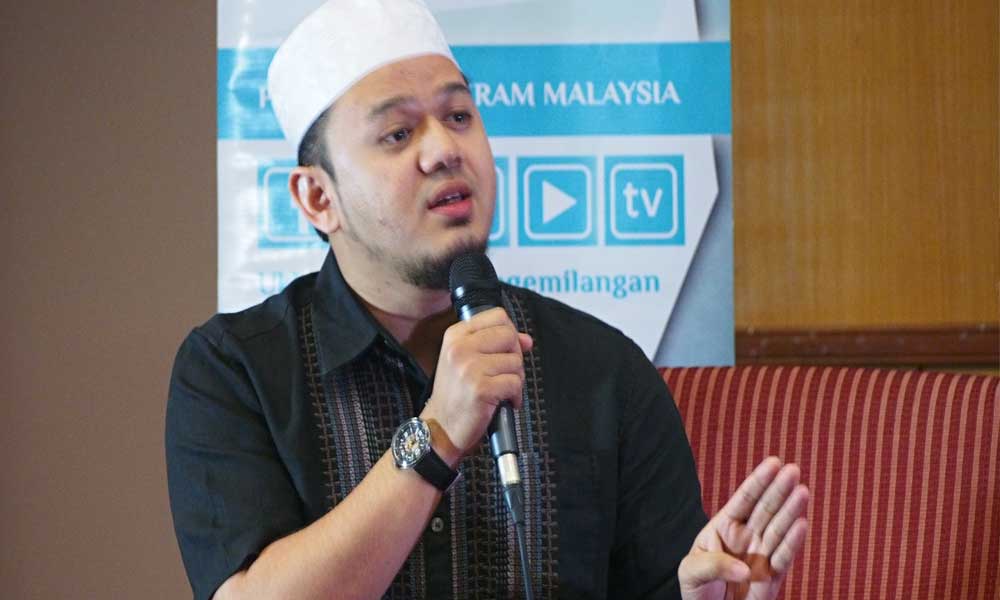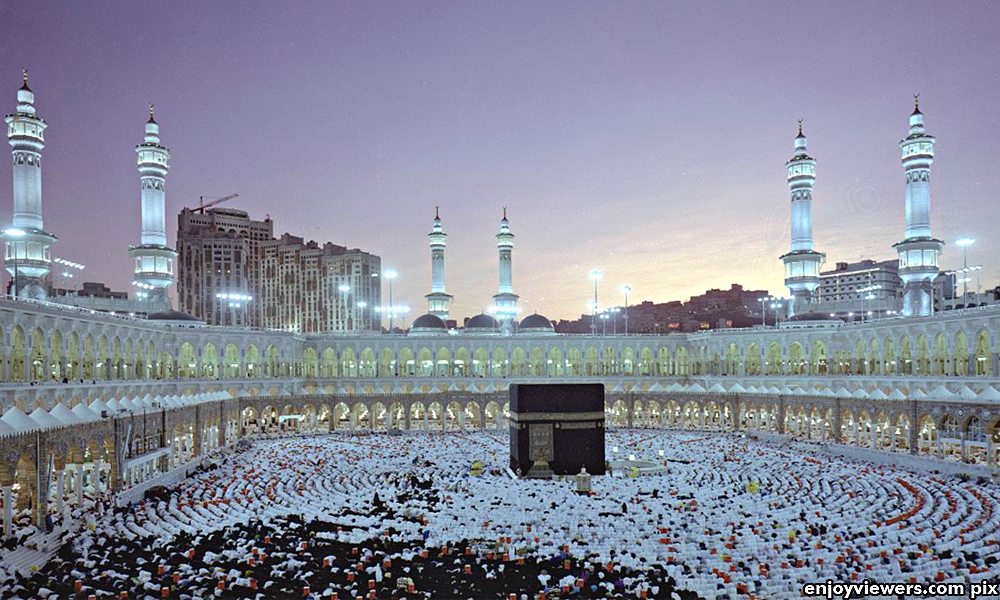
If oil had not been discovered, Saudi Arabia would be just another Third World nation, known for its desert sands, famed for its nomadic Bedouins, condemned for beheadings and the enslavement of women.
When a quarter of the world's oil reserves were found under the Saudi Arabian desert, the petrol guzzling world made its rulers filthy rich.
If this oil had not been found, we would not discuss their most reviled export, the Saudi petrodollars. One condition is forced on recipients. They must promote Wahabhi extremism.
Today, power-hungry leaders, including our own, are eager for Saudi "donations". Arms manufacturers are desperate to sell to Saudi Arabia. Religious fanatics fantasise about starting their own fiefdoms. These groups prostitute themselves for Saudi petrodollars.
The ruling elite of Saudi Arabia is rich, but you could never say that Saudi Arabia is a First World nation. Its people are dirt poor. Its women are downtrodden. The country imports migrant workers from the Indian subcontinent to labour in the construction industry. Their hospitals, shopping malls, homes and hotels are staffed by people from the Philippines and Indonesia. The House of Saud fiercely resists reforms. The country is trapped in the culture of the middle ages.

Saudi Arabia may be the birthplace of Islam, but the extremist version of Islam that the Saudis export, alongside their petrodollars, is destroying moderate Muslim nations around the world, like Malaysia and Indonesia.
The extreme authoritarianism and injustice promoted by Saudi Arabia is a destabilising influence in the Arab world. Today, it also threatens the stability of our part of the world.
For decades, Wahabhi extremism was imported into Malaysia by stealth. Some of us spoke against it, but we were silenced. Today, more daring voices can be heard.
The price we pay for the petrodollars is the erosion of our own culture. The Arabisation of our people; our dress, our mannerism, our speech, our cultural heritage and our customs. We have also developed an increasing intolerance towards other cultures.
The Malaysia of my youth was much like the "Golden Age of Malacca", which historians describe as a mini-United Nations'; but 21st Century Malaysia is fast becoming like Saudi Arabia.
On Nov 25, the Asia Times reported that Marina Mahathir had criticised Saudi Arabia for the Arabisation of Malaysia. She said, "There’s this idea that the more like Arabs you are, the better Muslim you are. That’s the very real obliteration of our cultural heritage.”

A special advisory officer in the Prime Minister's Department, Fathul Bari Mat Jahaya (photo), lashed out at Marina and accused her of keeping silent about Western influences which had eroded local values.
Fathul accused Marina of failing to reflect Malay culture and said, "The way she promotes herself is not very Malay in itself… If for example, she dresses in a kebaya or wears batik attire, it would show Malay cultural elements.”
Fathul is confused. Malay culture is not just about dressing. Arab robes and headgear may be suitable for keeping out the fine desert sands and the dry, oppressive heat, but are unsuitable for our hot, humid climate.
To extend his argument, the niqab is not representative of Malay culture. Take Ipoh for example. Ten years ago, women in niqab were a rarity. Today, they are an increasingly common sight, and it is most alarming to see two-year-old girls forced to wear the hijab.
Can Fathul explain why we dismiss our rich Hindu heritage? The wayang kulit has been banned in Kelantan. The ancient Hindu/Buddhist archaeological sites in Kedah's Bujang Valley have been destroyed.

In the end, there is very little difference between the Wahabhi influence and the Islamic State. The Islamic State, or IS, has destroyed many ancient temples and sites of past civilisations in Syria and Libya. Look at Mecca. The Saudis bulldozed many of the ancient mosques, from Prophet Muhammad's time, and constructed a new metropolis of towering skyscrapers.
Saudi extremists forbid non-Muslims from entering holy sites, and this intolerance is now more common in Malaysia. Many extremist Malays are opposed to the construction of new churches and temples. They try to stop non-Muslims from using certain words, like Allah. This is similar to IS' ideology.
The Wahabhi influence has also penetrated individual Malay households. One 10-year-old girl confided and said, "I am not allowed piano lessons, or to own a Barbie doll. The ustazah warned my mother that these items are the mark of syaitan."
Saudi's extreme authoritarianism is a breeding ground of injustice, and both Najib Abdul Razak and PAS' Abdul Hadi Awang are caught in the Saudi web.
Using Islam as the perfect cover, the conservative ulamas give Najib the legitimacy to rule. Hadi is the catalyst. Najib is his Godfather and as benefactors, the Saudis run the whole show.
The only problem is that Saudi petrodollars are running out and the Saudi ruling elite has been forced to tighten its belt. That is why we prostitute ourselves, and run towards China as if we wish to be its concubine.



No comments:
Post a Comment
Note: Only a member of this blog may post a comment.